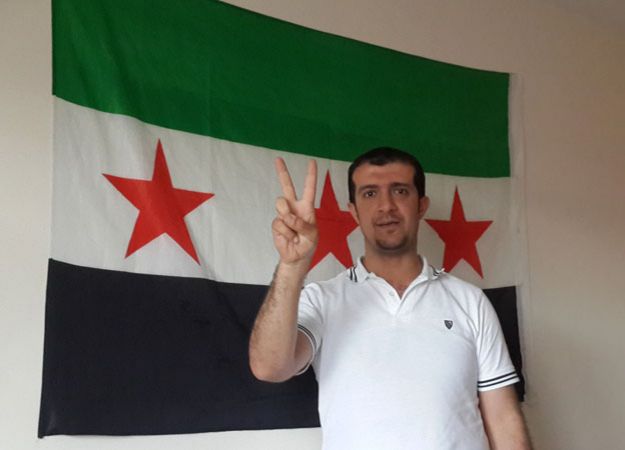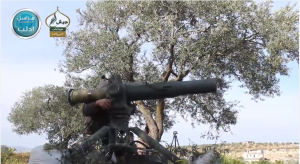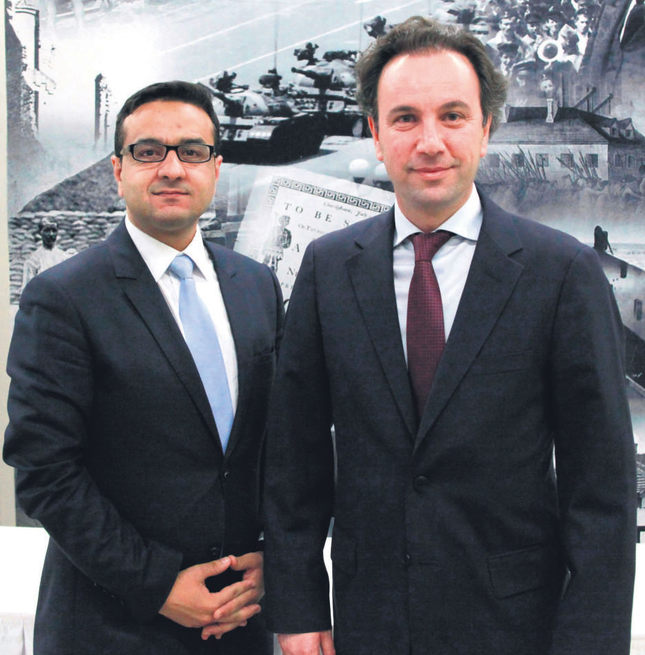
'Remember these words the next time the New York Times runs a pious editorial decrying—with a spurious combination of selective facts and distorted law—some morally complicated aspect of U.S. counterterrorism policy.
Remember them the next time the New York Times runs an editorial invoking the great moral authority of the paper of record on, well, just about anything.
Remember them because the quotation, which appears in the last paragraph of today’s editorial, “The Crimes of Terrorists,” is—astonishingly, really—how the New York Times editorial page describes the genocidal Syrian dictator, Bashar Al-Assad.
It doesn’t merely tacitly accept that our actions may bolster his position. It regard him as an ally—albeit an ally with some modifying adjectives like “unpalatable” and “potential” attached. In truth, however, the only adjective that really matters here is the first one: “necessary.” The others are just palliatives to make the editorial board feel better about its moral choice to align itself with a man responsible for an estimated 200,000 dead Syrians, the physical destruction of one of the world’s oldest civilizations, and the world’s largest refugee crisis.
It’s a good thing the Times is keeping the faith about the dangers of NSA surveillance, the moral necessity of closing Guantanamo, the crucial importance of accountability in drone strikes, and the urgency of a laser-like focus on CIA interrogations that took place more than a decade ago.
After all, some principles, even if not genocide, brook no compromise.'














